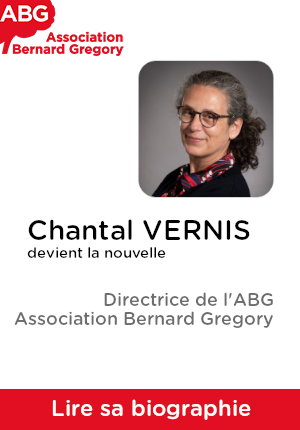Towards the Automatic Discovery of Physical Laws via Accurate Machine Learning and Symbolic Regression
| ABG-130401 | Sujet de Thèse | |
| 02/04/2025 | Autre financement public |
- Physique
- Mathématiques
- Physique
Description du sujet
Supervision
Rodrigo Ibata (OBAS, Strasbourg)
Laboratory and team
OBAS, Strasbourg - Team "GALHECOS"
Subject description
This thesis proposes to develop a novel framework to automatically discover interpretable physical laws from observational data. The approach combines two methodologies: a specialized Levenberg-Marquardt optimization algorithm with analytic derivatives for fitting physical models, and a Class-Symbolic-Regression (CSR) method that enforces physical unit consistency across multiple datasets. The key innovation lies in fitting flexible neural networks with accurate derivatives across different physical scenarios, and then rendering the fits interpretable with CSR to discover underlying mathematical laws, conservation principles, and equations of motion. This will represent a significant advance toward automated scientific discovery. The methodology will be applied to study stellar dynamics in the outer Milky Way to map the dark matter distribution, utilizing two major brand new datasets: the 4MOST spectroscopic survey (providing data for over 100,000 RR Lyrae stars) and the LSST. The high-precision 6D phase-space data will enable mapping the gravitational potential and potentially discovering subtle dynamical laws or deviations from standard models.
Related mathematical skills
The ideal candidate will have a strong background in mathematics, physics and computer science, with an interest in numerical methods, optimization, machine learning, and ideally Hamiltonian dynamics. The project will be highly interdisciplinary, offering access to cutting-edge astrophysical data from the latest major observatories (4MOST, LSST).
Prise de fonction :
Nature du financement
Précisions sur le financement
Présentation établissement et labo d'accueil
IRMIA++ is one of the 15 Interdisciplinary Thematic Institute (ITI) of the University of Strasbourg. It brings together a research cluster and a master-doctorate training program, relying on 12 research teams and 9 master tracks.
It encompasses all mathematicians at Université de Strasbourg, with partners in computer science and physics. ITI IRMIA++ builds on the internationally renowned research in mathematics in Strasbourg, and its well-established links with the socio-economic environment. It promotes interdisciplinary academic collaborations and industrial partnerships.
A core part of the IRMIA++ mission is to realize high-level training through integrated master-PhD tracks over 5 years, with common actions fostering an interdisciplinary culture, such as joint projects, new courses and workshops around mathematics and its interactions.
Site web :
Profil du candidat
Selection will rely on the professional project of the candidate, his/her interest for interdisciplinarity and academic results.
Vous avez déjà un compte ?
Nouvel utilisateur ?
Vous souhaitez recevoir nos infolettres ?
Découvrez nos adhérents
 Généthon
Généthon  Aérocentre, Pôle d'excellence régional
Aérocentre, Pôle d'excellence régional  Institut Sup'biotech de Paris
Institut Sup'biotech de Paris  ADEME
ADEME  MabDesign
MabDesign  CESI
CESI  ANRT
ANRT  PhDOOC
PhDOOC  ASNR - Autorité de sûreté nucléaire et de radioprotection - Siège
ASNR - Autorité de sûreté nucléaire et de radioprotection - Siège  TotalEnergies
TotalEnergies  Laboratoire National de Métrologie et d'Essais - LNE
Laboratoire National de Métrologie et d'Essais - LNE  MabDesign
MabDesign  Tecknowmetrix
Tecknowmetrix  Nokia Bell Labs France
Nokia Bell Labs France  Ifremer
Ifremer  CASDEN
CASDEN  ONERA - The French Aerospace Lab
ONERA - The French Aerospace Lab  SUEZ
SUEZ  Groupe AFNOR - Association française de normalisation
Groupe AFNOR - Association française de normalisation
-
Sujet de ThèseRef. 130176Strasbourg , Grand Est , FranceInstitut Thématique Interdisciplinaire IRMIA++
Schrödinger type asymptotic model for wave propagation
Expertises scientifiques :Mathématiques - Mathématiques
-
EmploiRef. 130080Paris , Ile-de-France , FranceAgence Nationale de la Recherche
Chargé ou chargée de projets scientifiques bioéconomie H/F
Expertises scientifiques :Biochimie
Niveau d’expérience :Confirmé







